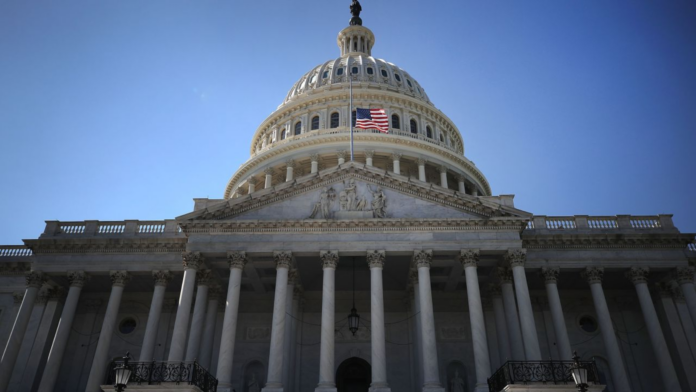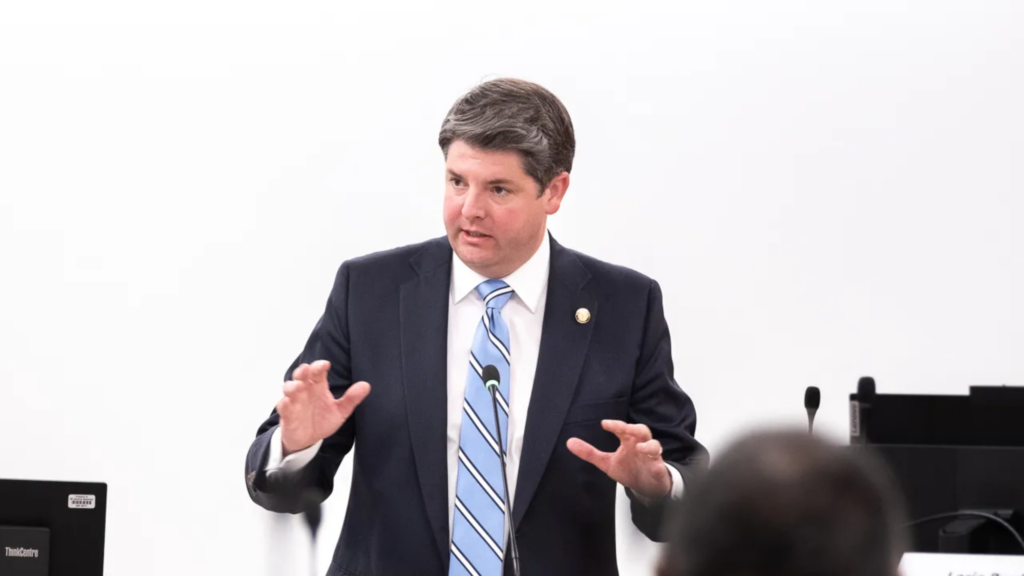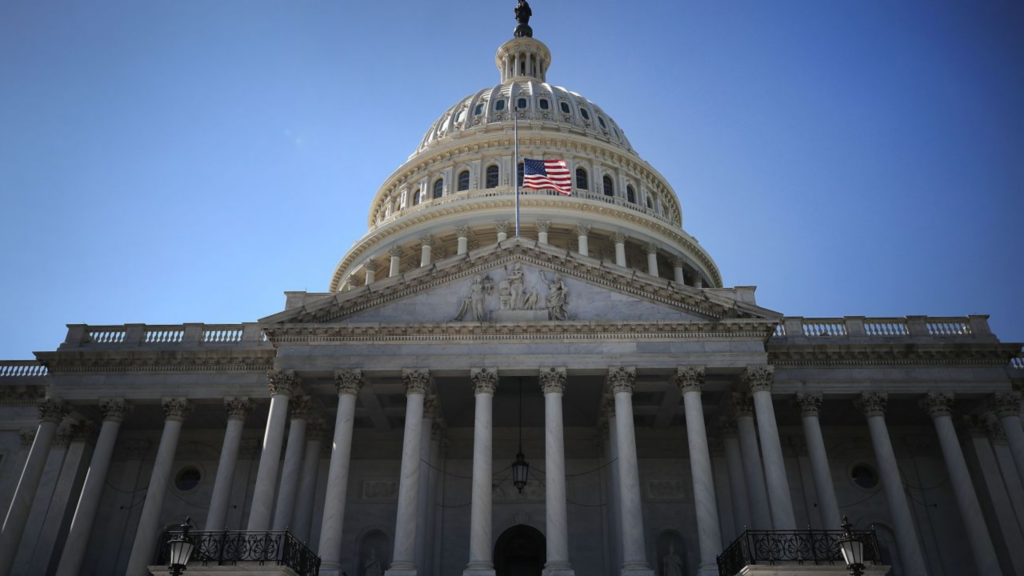

.
The state of North Carolina is taking a bold stance against central bank digital currencies (CBDCs). On Wednesday, the North Carolina Senate voted overwhelmingly in favor of a bill to ban the use of CBDCs in the state. The bill now awaits the governor’s approval to become law.
If passed, the new law would prevent North Carolina from participating in any Federal Reserve testing of future CBDCs. Additionally, it would prohibit state agencies and courts from accepting payments made with CBDCs.
The bill, known as Bill 690, received a significant majority in the Senate with a vote of 109 to 4, up from 39 to 5 the day before. The legislation underscores North Carolina’s strong opposition to the potential implementation of a digital dollar.
Sen. Brad Overcash, a lead sponsor of the bill, noted that the legislation is designed to discourage the federal government from pursuing a CBDC. He argued that such a move could threaten the U.S. dollar’s status as a leading global currency. The bill sends a clear message to the government: North Carolina is not interested in a central bank digital currency, Overcash said. He further explained that it would prevent our state agencies or courts from accepting a central bank digital currency, and it would also prevent them from participating in any pilot projects launched by the Federal Reserve Banks.

Overcash stressed that this legislation is a critical step in maintaining the stability of the U.S. financial sector. He believes that the introduction of a CBDC could have far-reaching consequences, potentially disrupting the current financial system.
North Carolina isn’t alone in its opposition to CBDCs. Earlier this year, House Majority Leader Tom Emmer introduced the “CBDC Anti-Surveillance State Act” to prevent the U.S. central bank from developing a digital dollar. Emmer and other critics argue that a CBDC could lead to increased government control and surveillance over the financial activities of American citizens.
Federal Reserve Chairman Jerome Powell has also indicated that the United States is not close to adopting a CBDC. During a hearing before the Senate Banking Committee in March, Powell said the country is a long way from implementing a central bank digital currency.
In addition to North Carolina, Florida has been fiercely opposed to CBDCs. Gov. Ron DeSantis signed a bill last year banning the use of CBDCs in the state. DeSantis and other Florida lawmakers have expressed similar concerns to North Carolina, citing potential risks to financial privacy and stability.
The movement against CBDCs in states like North Carolina and Florida reflects broader skepticism about the federal government’s role in digital currencies. Proponents of the ban argue that a CBDC could undermine the decentralized nature of existing cryptocurrencies and pose risks to individual privacy. If more states follow suit, it could complicate future federal efforts to introduce a digital dollar. Strong opposition from state legislatures suggests there will be significant hurdles to overcome before a CBDC can achieve widespread adoption in the United States.
For now, the focus is on the governor of North Carolina, who has the final say on House Bill 690. If approved, North Carolina would join Florida in setting a precedent for other states that might wish to resist the introduction of central bank digital currencies.
North Carolina’s decisive action against CBDCs marks a turning point in the ongoing debate over digital currencies in the United States. As the bill reaches the governor’s desk, all eyes will be on the state to see if it will officially join the ranks of those opposing the federal push toward a digital dollar. The development is a crucial step in the broader debate over the future of money and the role of government in the digital age.




